To get the most out of your training, it’s vital to fuel your body with nutrients before a workout to achieve optimum performance and recovery.
To maximise the results of your training, it is recommended to eat a balanced meal containing carbs, protein and fat 2-3 hours prior to exercise. However, this isn’t always practical and there are times where you may find yourself unable to get a full meal in that window of time. In this case, you can still eat a good quality pre-workout meal or snack but it’s worth noting that the sooner you eat before training, the smaller and less complex the meal should be. If eating 45-60 minutes before training, opt for foods which are easy to digest and contain mostly carbs and some protein as this helps to avoid stomach discomfort whilst training.
Carbs Vs Protein
Pre-workout carbs optimise your body’s ability to use glycogen to provide energy for quick- and high-intensity training, whilst fat provides fuel for longer bouts of exercise (Lowery, 2004). Eating protein before strength training helps to improve muscle protein synthesis which increases muscle growth, reduces muscle damage and enhances recovery (Mamerow et al., 2014).
The most effective type of food pre-workout is therefore dependent on the type of training you are undertaking and the duration of your workout. Good hydration is also essential for enhanced performance so ensure you drink plenty of water throughout the day and stay hydrated throughout your training.
Carbohydrates
If your training is cardio heavy or of a longer duration (above 60 minutes), then a carbohydrate-rich meal or snack should be your go-to pre-workout.
Carbs play an important part in providing your body with the required energy to endure prolonged bouts of exercise. This is because your muscles will use the glucose from the carbs for fuel. Glycogen is how the body processes and stores glucose, predominantly in the liver and muscles.
For quick and high intensity workouts, your glycogen stores are the main source of energy for your muscles (Balsom et al, 1999). However, for longer duration exercise, the extent to which carbs are used is dependent on several factors. These include the type of training, the intensity of the training and your overall diet.
A well-known method to maximise glycogen stores is carb loading. This involves consuming a high-carb diet for 1-7 days and is a popular strategy used by endurance athletes, such as long-distance runners, to maximise the storage of glycogen. This being said, unless you are exercising for bouts of 90 minutes or longer, there is no need to carb load.

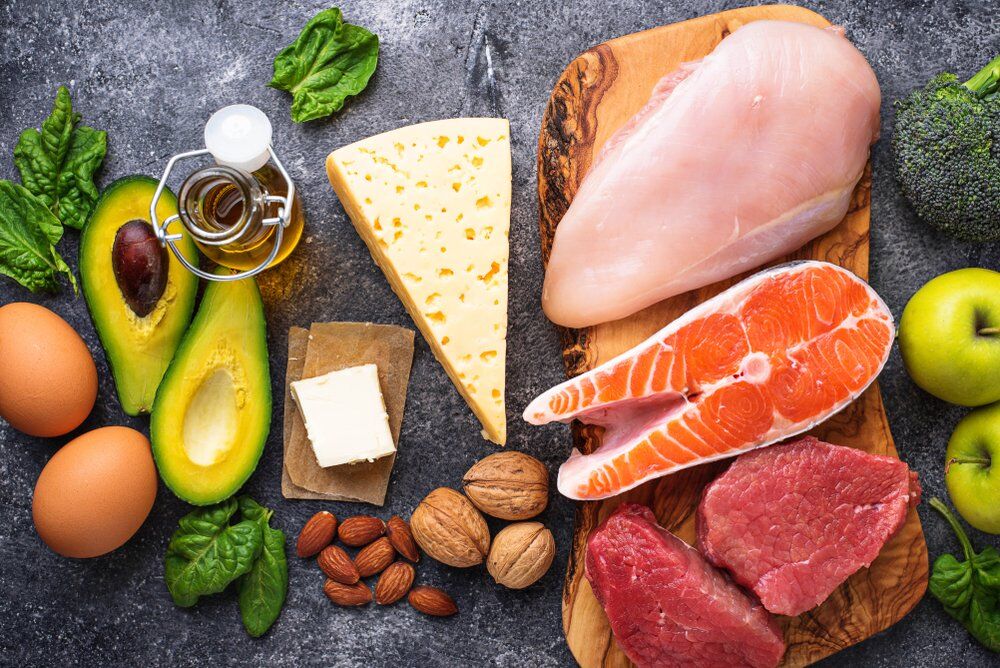

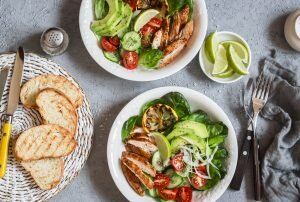
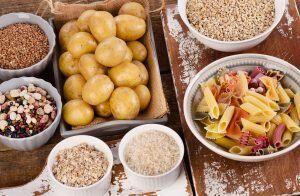
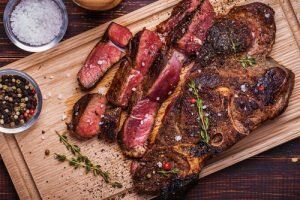 There’s no disputing that protein is a heavy hitter in the world of nutrition, especially when it comes to maximising your efforts in the gym and building muscle mass. Whilst the benefits of consuming protein after a workout are widely recognised, it’s a lesser known fact that pre-workout protein can also help to optimise your fitness and body goals.
There’s no disputing that protein is a heavy hitter in the world of nutrition, especially when it comes to maximising your efforts in the gym and building muscle mass. Whilst the benefits of consuming protein after a workout are widely recognised, it’s a lesser known fact that pre-workout protein can also help to optimise your fitness and body goals.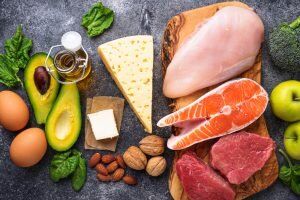
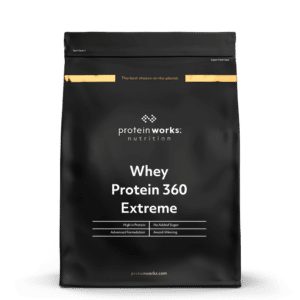
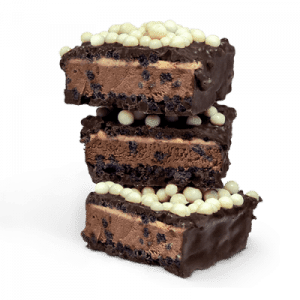


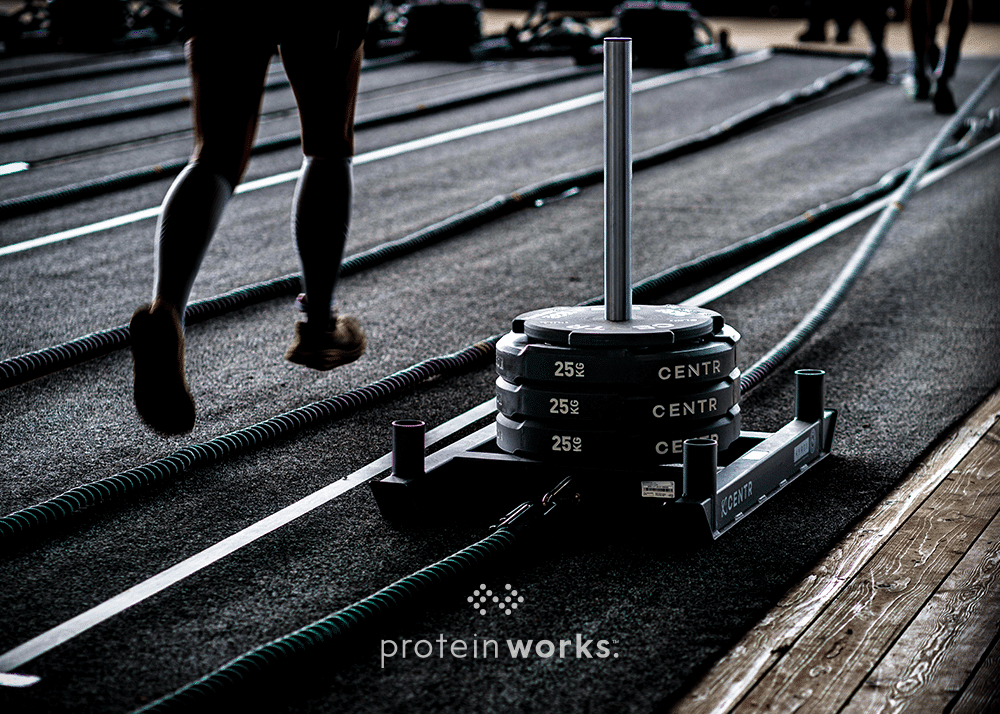
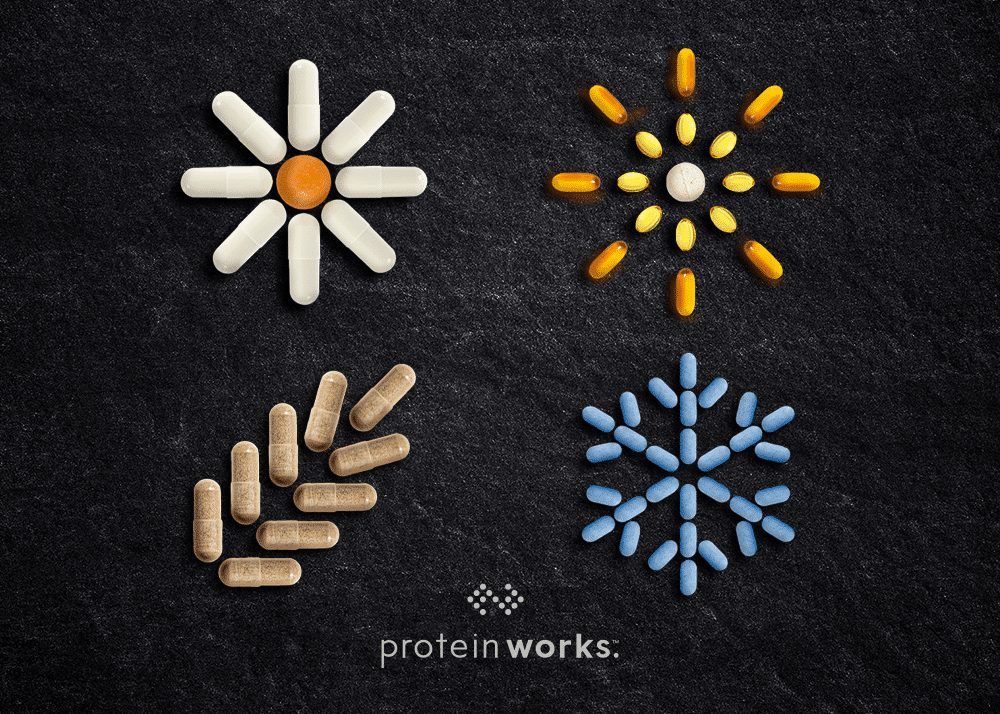
No Comments yet!